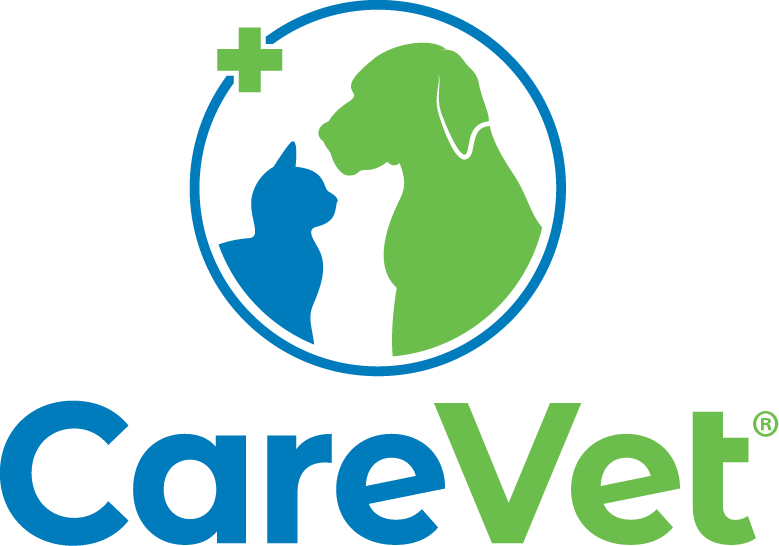CareVet — a network of veterinary hospitals operating in 27 states with over 1,100 team members — announced that they will be the first in the industry to commit to providing a Living Wage (minimum of $15 per hour) to all hospital team members effective April 1, 2021. In addition, CareVet will adjust compensation for employees currently making $15 per hour or more to maintain pay equity, thus impacting every hospital employee in their network. This Living Wage Initiative will also be adopted at all hospitals that join the CareVet network in the future.
This Living Wage Initiative makes CareVet the only company to achieve this standard in the industry and is part of CareVet’s whole-person approach to attracting and retaining the best veterinary health professionals. CareVet’s method to veterinary practice management is anchored by a deep commitment and investment in it’s teams. President and Chief Veterinary Officer of CareVet, Dr. Thornberry, said “great medicine starts with great teams, and we are laser focused on building great teams with well compensated, happy, and growing professionals in their chosen field. When our teams feel supported, they are more empowered to deliver a superior level of care to our patients that clients can see and feel.”
As is widely known throughout the industry, veterinary team-members continue to struggle with low pay, compassion fatigue, and burnout as well as a lack of recognition and opportunities for career advancement. The CareVet Initiative gives veterinary team-members the opportunity to make 25-40% more than the average team-member salary elsewhere and significantly grow their yearly income as they increase their skills. “Until now, veterinary team-members were frequently paid below a living wage, and not given the growth opportunities they deserve” said Greg Siwak, CEO of CareVet. “This program offers our veterinary team-members’ exponential growth personally, professionally and financially.”
According to the U.S. Centers for Disease Control and Prevention (CDC), the veterinary industry struggles with suicide rates 1.6 to 2.3 times higher than the general population. This issue is very pronounced among male and female veterinary technicians and nurses who often deal with depression, anxiety and burnout. Heavy student loan burden and limited income potential can cause economic hardship for veterinarians and team-members and contribute to below average job satisfaction, further compounding the need for change industry wide.
Other aspects of the CareVet whole-person approach includes continuous education and development, best in class employee benefits and support, 401k match, revenue sharing and community philanthropy.
